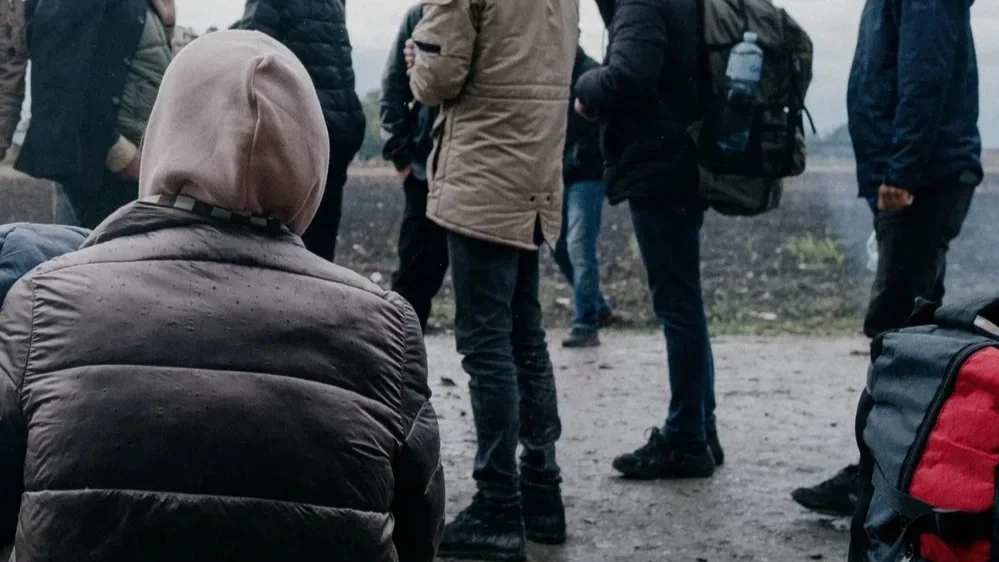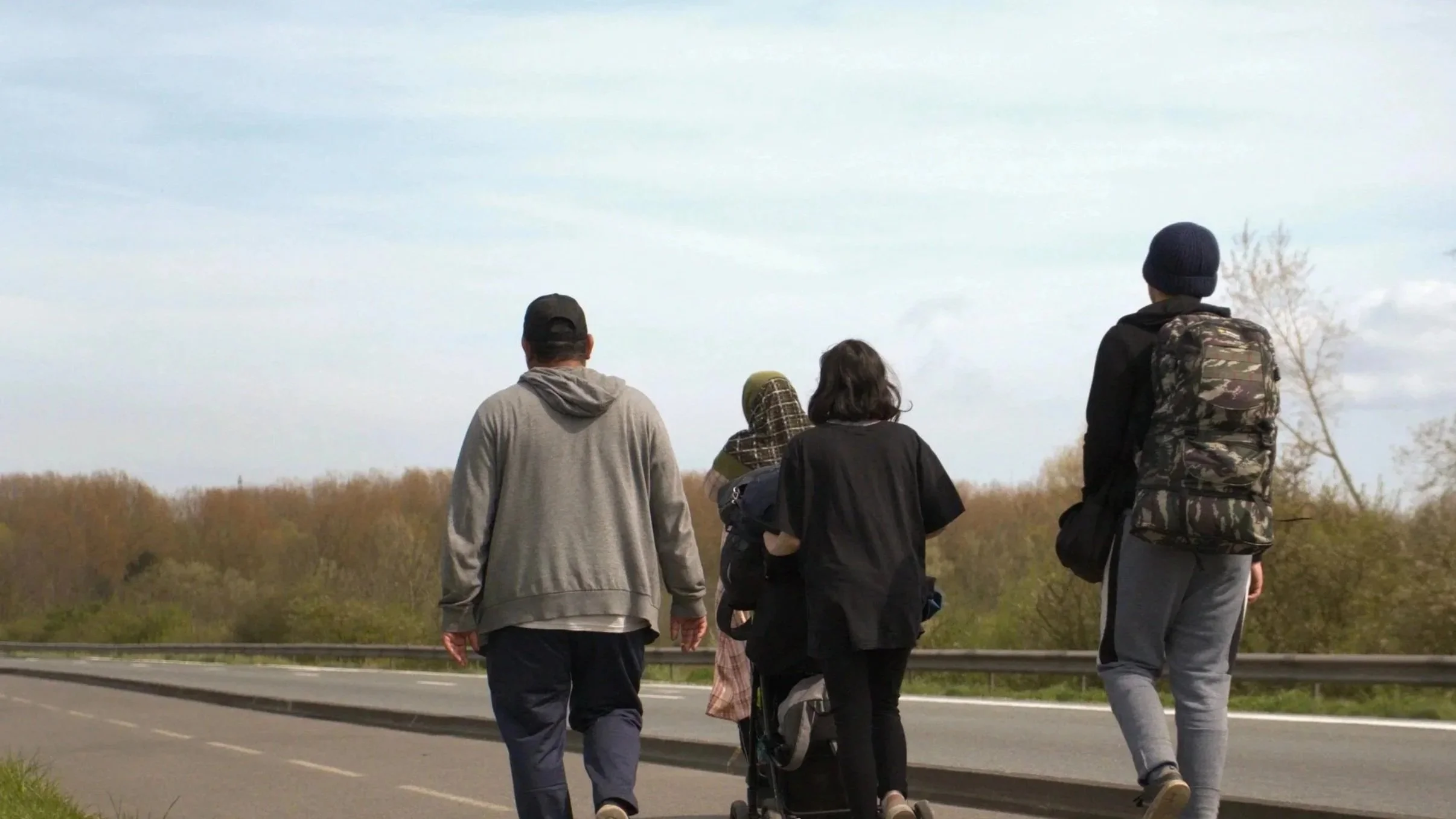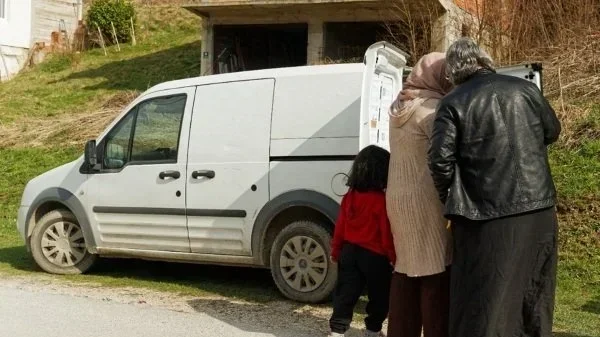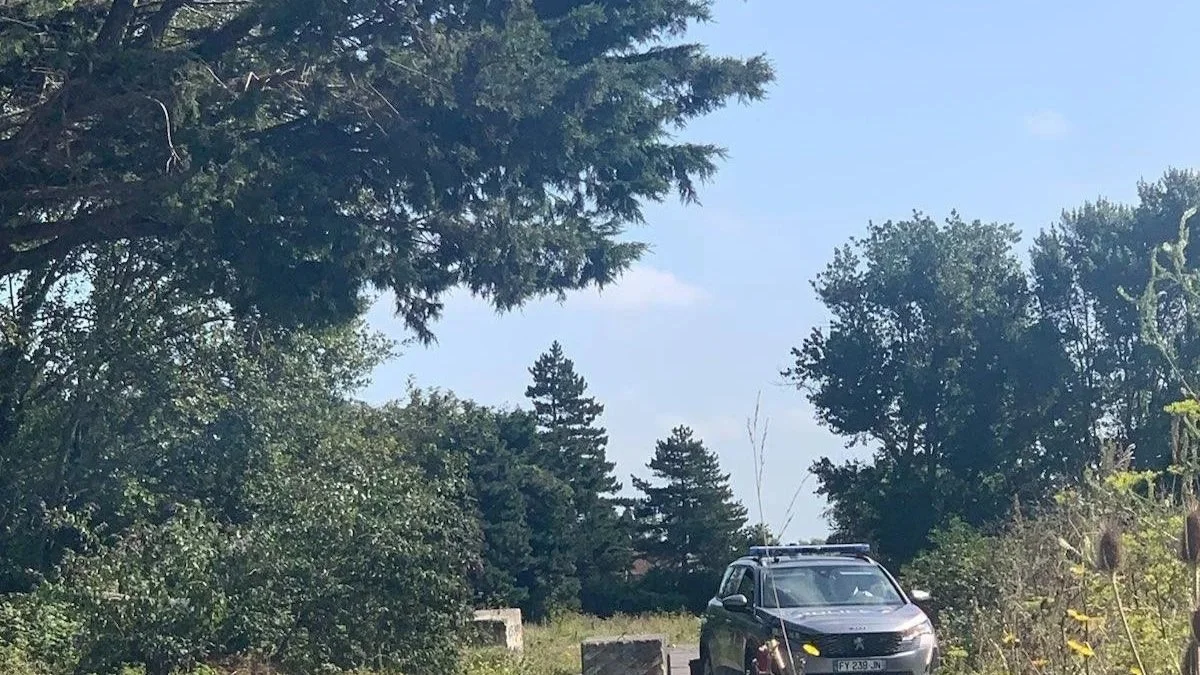When institutions debate asylum, borders, displacement and externalisation, the voices of people themselves are too often absent and the narrative is therefore overwhelmingly dehumanising. Our role is to change that. That systems change must start with clearly presented evidence of people’s experience.
Our proximity, and the testimonies people entrust to us, allows us to bring credible, verifiable, field-level evidence of what is happening right now to institutions prepared to listen.
Why we engage with international institutions
Most human rights violations at borders take place in grey zones: remote areas, informal detention spaces, unmonitored routes, or under conditions designed to avoid documentation. States often get to deny wrongdoing, restrict access to observers, or simply hide behind jurisdictional loopholes. Our goal is to act as the counterbalance, bringing evidence, detail, and human stories that people give us permission to share. Issuing recommendations, questioning governments and developing policy documentation in these avenues is one way we can help shape the agenda, to ensure proximity becomes accountability.
To ensure negotiations are correctly informed.
Our teams document what is happening in Serbia, BiH, Bulgaria, Greece, and along the migration routes of the Western Balkans. Through testimonies, monitoring, and verification, we collect the detail that negotiations tend to overlook, and we take it to key policy forums.
To speak directly about people’s experiences.
We work with partners including the Border Violence Monitoring Network (BVMN), Global Detention Project, and others to ensure the experiences of people on the move get to shape international reviews, investigative inquiries, and key policy briefings.
To focus discussions on the issues people care about.
Deaths and disappearances. Detention. Torture. Returns. Incommunicado detention. Racist violence. These are not abstract policy areas, they are the patterns people report to us, and the harms they ask us to expose.
How we engage with international institutions
Independent evidence, especially when it’s unfiltered, speaks for itself. In the past two years, our field documentation has shaped how the international community understands pushbacks, detention, disappearances, and deaths across several European border contexts. Our testimonies and reports have been brought into UN treaty reviews, diplomatic roundtables, high-level special rapporteur inquiries, EU policy briefings and diplomats repeatedly tell us the same thing: without strong and direct evidence, state narratives cannot be challenged. This is the gap we work to fill in our consistent engagements.
Submissions to UN treaty bodies and procedures.
With partners at the Border Violence Monitoring Network (BVMN), we co-submit reports to UN committees reviewing state compliance with international law. These submissions bring testimonies, data, and patterns of abuse into formal human rights review processes.
Direct briefings to embassies and diplomatic missions.
We provide diplomats with accurate, field-verified insights that cut through sanitised official narratives or state censorship. This includes bilateral briefings, attending roundtables, and requesting thematic sessions on border violence, deaths, returns, enforced disappearances, civil society and civil liberties.
Public events and international panels.
When invited, we also speak at UN side events, webinars, and expert discussions, seeking to bring border realities into public discussions and global conversations that are dominated by jargon, euphemism and procedural language.
How you can support
Our engagement with institutions is resource-intensive and it requires a great deal of infrastructure including trained team members, good reporting, legal advice, and the capacity to verify and analyse large amounts of evidence. If you want accountability to continue, we need your help.
1. Share
Visibility shifts the cost of inaction and builds pressure. When evidence spreads, excuses break down.
2. Support
Monthly donation keeps our advocacy independent, free from pressures and able to speak clearly when others don’t.
3. Research
We collaborate with legal experts, researchers, academics, and NGOs interested in advancing border justice.
Recent activity list
Across multiple submissions, Collective Aid’s field documentation has been cited as key evidence for pushback violence, incommunicado detention, enforced disappearances and enforced disappearance risk, gender-based violence and harms, racialised abuse and degrading treatment.
Torture Prevention and Accountability
‘Unveiling the Torture Report’ Webinar. Providing evidence from the Western Balkans, Greece, and Bulgaria in July 2024.
A public online briefing presenting regional findings on torture, ill-treatment, and cross-border violence. Keywords: torture documentation, Western Balkans, Greece, Bulgaria, human rights webinar.
Joint Submission to the UN Human Rights Council. UPR Bosnia 2024
A report co-authored with Global Detention Project and BVMN for Bosnia’s Universal Periodic Review. Keywords: UPR Bosnia, detention conditions, border violence, UN human rights review.
Report to the UN Committee Against Torture. Regarding Serbia at the 81st Session in October 2024.
A co-submission alongside partners assessing Serbia’s compliance with the Convention Against Torture.
Keywords: CAT Serbia report, torture prevention, unlawful detention, pushbacks.
Disappearances and Incommunicado Detention
Submission to the UN Working Group on Enforced or Involuntary Disappearances. At the 136th Session.
A co-submitted analysis on enforced disappearances and barriers to identification of bodies in Bulgaria.
Keywords: enforced disappearances, Bulgaria, UN WGEID, missing migrants.
Evidence Cited in UN ICCPR Review. Regarding Greece at the 142nd Session, 2024.
A testimony collected by Collective Aid that was documented excessive violence during a pushback at the Evros River.
Keywords: ICCPR Greece, pushback violence, migrant rights abuses, Evros
Externalisation and Border Violence
Joint Submission to the UN Special Rapporteur on Migrants. Externalisation Report in 10 June 2025.
A report outlining evidence collected from Bulgaria on incommunicado detention and prolonged unlawful confinement of 27 people.
Keywords: migration externalisation, incommunicado detention, Bulgaria pushbacks, UN Special Rapporteur.
Joint Submission on Women, Girls and Enforced Disappearances. CED General Comment No.02 in 14 July 2025.
A Collective Aid report documenting criminalisation of community members assisting in identification of the deceased in Serbia.
Keywords: women on the move, enforced disappearances, Serbia.
Submission to CERD & CMD on Xenophobia and Migrant Rights on 31 March 2024.
Testimonies gathered by Collective Aid highlighting racialised violence, humiliation, and degrading treatment during pushbacks in Hungary.
Keywords: CERD submission, xenophobic violence, migrant humiliation, racial discrimination.
Diplomatic Engagement and Embassy Advocacy
UN General Assembly Side Event: “Leadership & Courage in International Affairs.”
Collective Aid CEO served as a speaker at an official UNGA side event discussing human rights leadership and ecosystem response to political pressures.
Keywords: UN General Assembly, human rights leadership, diplomatic advocacy.
Briefing to EU and British Diplomats on the topic of proposed Return Hub legislation.
Collective Aid teams have engaged in multiple diplomatic briefings on human rights concerns regarding detention, detention centres and reception centre conditions in response to proposed return hub legislation over the course of 2025.
Keywords: EU diplomats, British diplomats, detention monitoring, return monitoring, diplomatic engagement, human rights briefings.
Briefing to Geneva-Based Diplomats.
Collective Aid’s reports have been included in multiple diplomatic briefing on human rights violations at borders and the need for independent monitoring mechanisms.
Keywords: Geneva diplomats, border monitoring, diplomatic engagement, human rights briefings.












